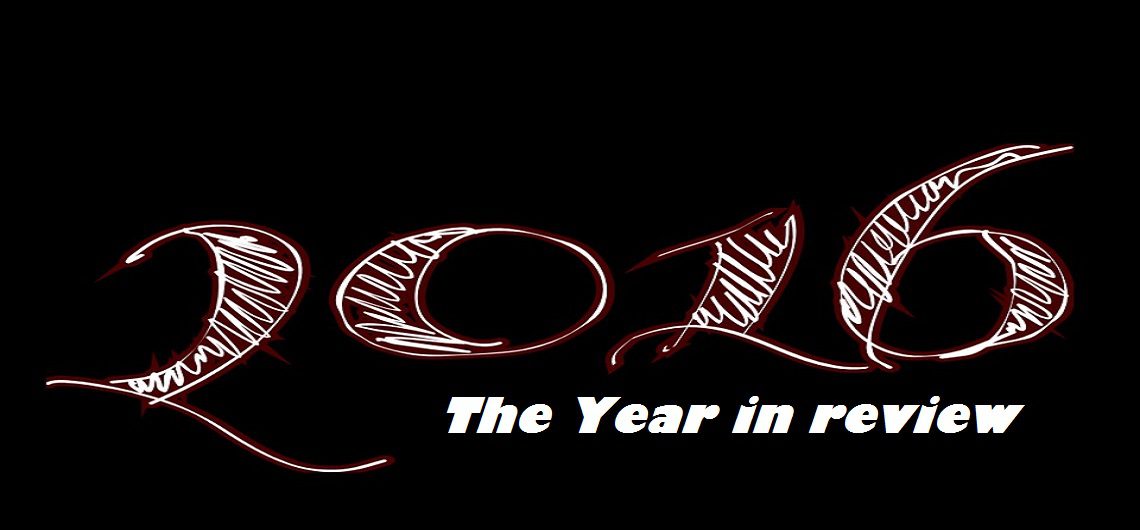by Ronnie Neville, partner in Employment Law and Benefits Team, Mason Hayes & Curran
2016 was an interesting year for Irish employment law. We look at the significant efficiencies achieved by the Workplace Relations Commission during its first full year in operation. We outline key legislative developments including the introduction of paternity leave, legislation relating to spent convictions and the increase to the national minimum wage. We also look at the first injunction granted by the Circuit Court under the Protected
Disclosures Act 2014.
The Workplace Relations Commission (“WRC”) – one year on
In December 2016, the WRC published its 2016 Progress Report (the “Report”), outlining the progress made by the WRC during its first 12 months in operation. In particular, the Report highlighted the following:
- WRC’s Information Officers dealt with over 62,000 telephone calls, over one-third (35%) of which concerned work permits. The next most popular topic was working time (15%), with only 6% of telephone queries relating to unfair dismissal claims.
- The average waiting time for hearing disputes has been reduced to 3-4 months and decisions are being issued within an average of 6-8 weeks.
- The backlog of legacy employment equality cases has been significantly reduced.
- Mediation was offered by the WRC in 1,119 cases, and in roughly 50% of these, both parties agreed to take part.
- 1124 referrals were received by the WRC Conciliation Service, 163 of which were referred to the Labour Court.
- High profile cases during the review period involved Irish Life, Irish Rail, Tesco, the Central Mental Hospital, Irish Water and AIB.
- The Inspection Services concluded 5,221 inspections, and held that 2,050 employers were in breach of employment legislation. 13 Fixed Payment notices were issued to employers
Key legislative developments
- The Paternity Leave and Benefit Act 2016 (“PLBA”) was signed into law on 2 August 2016, creating a new legal right to paternity leave in Ireland. Under the PLBA, paternity leave must be taken within 26 weeks of the birth/placement of the child.
- The commencement of the Spent Convictions Act 2016 (the “SCA”) and the National Vetting Bureau Acts 2012 – 2016 (the “NVBA“) represented a significant legal development in Ireland. Under the SCA, where a person aged 18 years or older was convicted of an offence and seven years have passed, the conviction can be regarded as “spent” where the sentence imposed was for 12 months or less, the conviction was not for a sexual offence or for an offence which was tried in the Central Criminal Court. There are certain exceptions to the application of the SCA, including exceptions for employees who work with children or vulnerable persons. The NVBA make it a statutory requirement for all organisations conducting “relevant work” with children or vulnerable persons (which means any work or activities carried out by a person, a necessary and regular part of which consists mainly of the person having access to, or contact with, children or vulnerable persons) to vet their prospective employees or volunteers prior to their commencing relevant work.
Injunction granted under the Protected Disclosures Act 2014
Last summer saw two employees successfully secure an injunction in the Circuit Court preventing their dismissal, in one of the first high-profile cases under the Protected Disclosures Act 2014 (the “PDA”).
The case involved two employees of Lifeline Ambulance Service who alleged that they were made redundant as a result of having made a protected disclosure to the Revenue Commissioners. They issued unfair dismissal proceedings in the WRC and applied to the Circuit Court under the PDA for reinstatement, pending the hearing of their unfair dismissal cases.
The Circuit Court held that, while it was not satisfied that the employees’ dismissals were wholly or mainly due to the fact that they had made a protected disclosure, they had met the threshold of establishing that there were substantial grounds for contending their dismissals were wholly or mainly due to the protected disclosure. In circumstances where Lifeline Ambulance Service was unwilling to reinstate the employees, and the employees had reasonably rejected offers of re-engagement, the Court ordered that their salaries be paid until the hearing of their unfair dismissal claims by the WRC.
What’s on the horizon for 2017?
Increase in National Minimum Wage
The Low Pay Commission was established in 2015 following the enactment of the National Minimum Wage (Low Pay Commission) Act 2015. The Commission examines and makes recommendations to the Government as to the appropriate level of the national minimum wage on an annual basis. From 1 January 2017, the national minimum wage increased from €9.15 to €9.25 per hour in line with the Commission’s recommendations.Competition (Amendment) Bill 2016
The Competition (Amendment) Bill 2016 permits certain groups of self-employed individuals to lawfully engage in collective bargaining. At present, such activity is deemed anti-competitive and in breach of section 4 of the Competition Act 2002, which prohibits collective bargaining by contractors. As currently drafted, the Bill provides that certain actors, freelance journalists and musicians will be automatically exempted from section 4 of the Competition Act 2002, while other self-employed workers may apply to the Minister for the exemption. This is likely to have significant implications for such self-employed contractors and the businesses which engage them.The content of this article is provided for information purposes only and does not constitute legal or other advice.
About the author
Ronnie is a partner in the Employment Law and Benefits Team, advising public and private sector employers on both contentious and non-contentious matters. Ronnie develops strong working relationships at the highest level with clients and provides strategic advice on restructuring, re-organisation and general employment related matters. He regularly appears in various employment law fora, including the Workplace Relations Commission, the Labour Court and the civil courts.
As well as acting for a diverse range of indigenous clients on a wide range of employment and industrial relations issues, Ronnie has a significant number of international clients and he is recognised as a leading employment lawyer who provides strategic, pragmatic and proactive advice.
Ronnie is a fluent speaker of French and advises a large number of French companies with subsidiaries in Ireland in relation to employment law issues. He heads up the office’s “French Desk” advising French clients on all legal issues arising in the Irish jurisdiction.











































